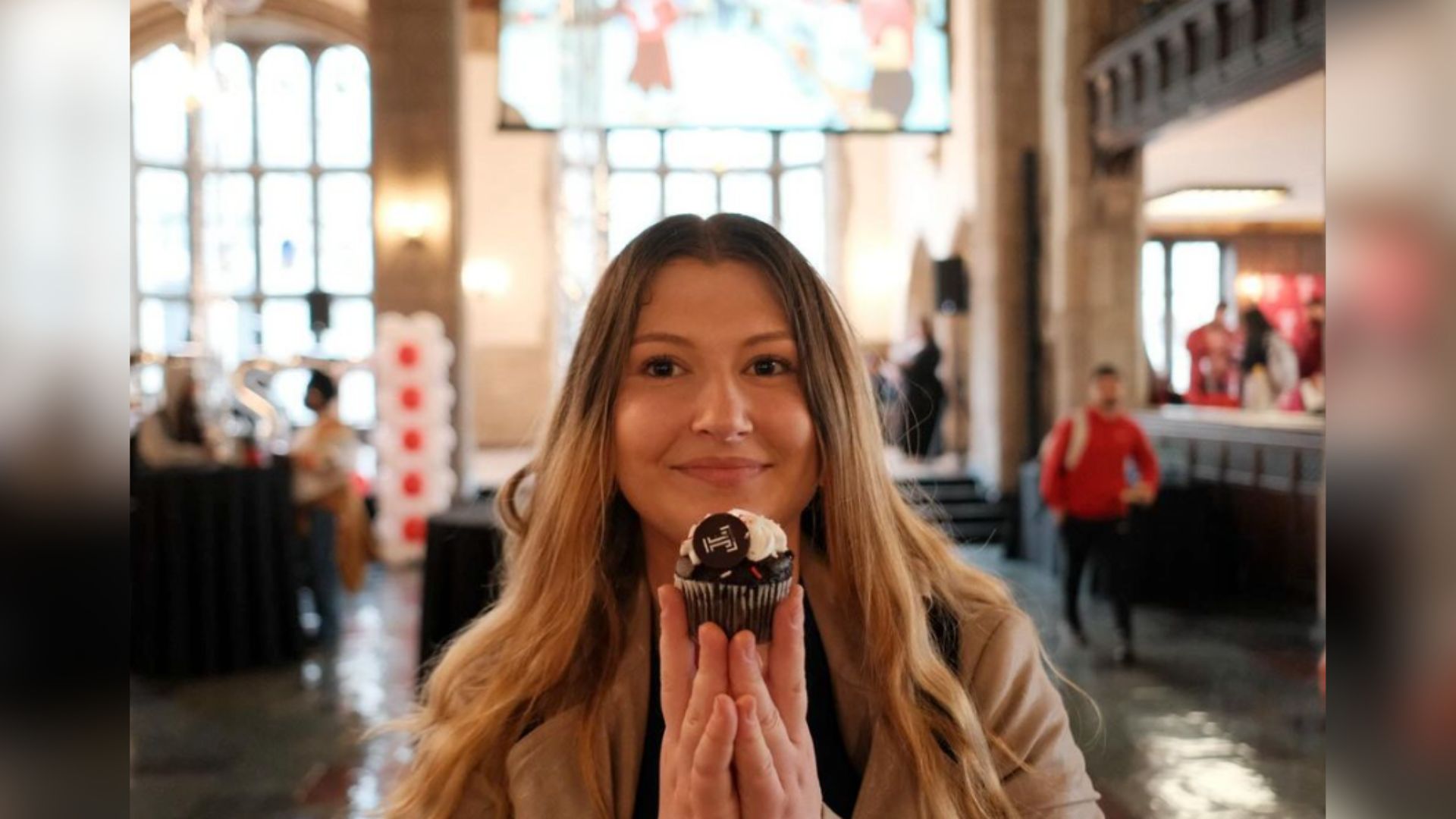As the summer continues, many Klein College of Media and Communication 2024 graduates are making important decisions about their next steps. Some are entering the job force, while others continue their education post-graduate.
For communication and social influence major Ava Arteaga, KLN ‘24, graduating from Temple University means pursuing her master's degree in digital media and society at the University of Leicester in the United Kingdom this September. Thanks to the Fulbright Study and Research Award, her education will be completely funded.
The Fulbright program offers one of the most prestigious and competitive grants around the world, allowing participants to customize their experience, location, research and more on their personal passions and goals.
“The Fulbright mission is to increase mutual understanding and knowledge between the US and the host country through exchange,” explains Barbara Gorka, Temple’s director of scholar development and fellowship advising. “Fulbright is looking for academically talented students who are also engaged with their communities and who have a vision for how they can contribute to the host community abroad.”
Though the decision for students to apply is easy, the application itself is not. Those seeking the Fulbright scholarship take on a year-long process that consists of drafting personal and grant purpose statements, collecting recommendation letters validating research feasibility, interviews, and everything in between.
“There are no half-way attempts; it’s an all-in commitment to the process,” Arteaga said.
She chose to study in Leicester because the program focuses on everything she is passionate about—like creating change through cultural exchanges, advancing knowledge and civic engagement.
Arteaga’s dissertation centers on how digital news outlets depict drug use and users in the United Kingdom. The last comprehensive study in the country on this topic is 13 years old, and only focuses on print media. She picked this topic because, though it is widely recognized that drug addiction stigmatization penetrates into the media, the extent to which it does in the United Kingdom media is not known.
With drug dependence and drug-related fatalities increase globally, Arteaga stresses the importance of uncovering the extent that media stigmatization reinforces drug addiction stereotypes, prevents people from seeking treatment, and what solutions can be done on a global scale.
“This research is critical academically...media portrayals shape public perceptions, behaviors and policies, all of which have an impact on recovery efforts and societal health,” she detailed. “Substance use disorder is the most stigmatized health condition globally, and that stigmatization and shame is precisely what discourages so many individuals and families from seeking help.”
Arteaga’s dissertation topic hits close to home for her. She is currently in addiction recovery and has dealt with stigmatizations herself, something she had to get honest about in her application.
“Sharing these personal details opened myself up to bias and stigma—the very things I’m actively fighting against, but that is precisely why I felt it was critical to share my story,” Arteaga said. “I put every ounce of myself into the application but had to prepare myself for the possibility that I’d be rejected because every applicant puts their all in as well.”
Catie Duffield, the graduate assistant of scholar development and fellowship advising, believes that Arteaga’s excitement for this subject truly shined in her application. Duffield noted that Arteaga’s combination of professionalism, academic excellence, social engagement and compassion for others made her an ideal candidate for the Fulbright program.
“You could just tell this application was a labor of love and that her proposed master’s thesis was something she’s deeply passionate about,” explained Duffield. “It was so wonderful to watch it evolve.”
Arteaga also notes that her acceptance into this program would not have been possible without her parents' help, along with Gorka and Duffield.
“[They] have helped me make this dream possible,” said Arteaga. “They’ve empowered me and celebrated me throughout the entire experience.”
Gorka had no doubt that Arteaga would receive the grant, and Duffield believes that this is just the start for her.
“To Ava, this is not just a resume builder, or a year spent in the United Kingdom, it is just the beginning of a laundry list of achievements,” Duffield said.

